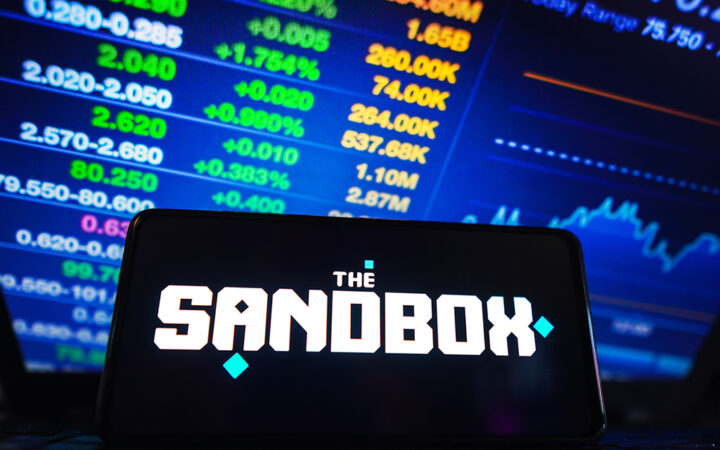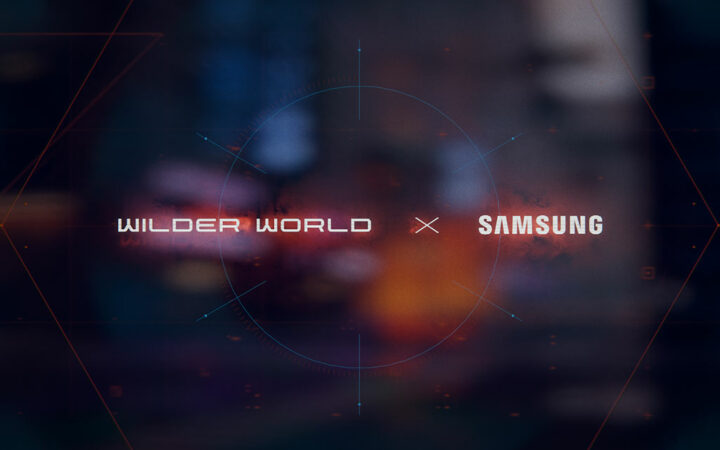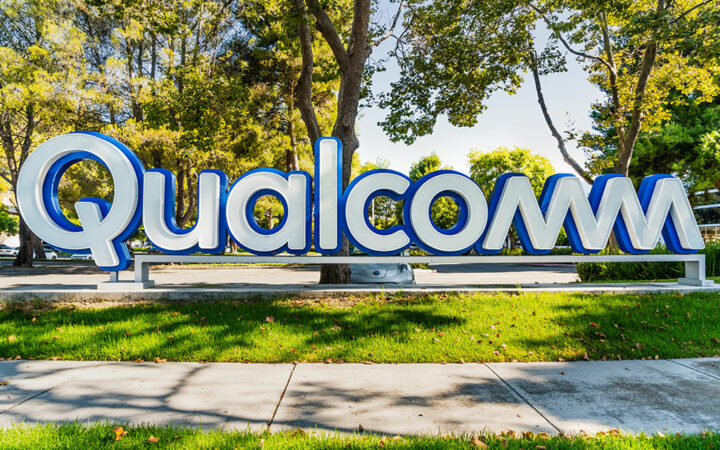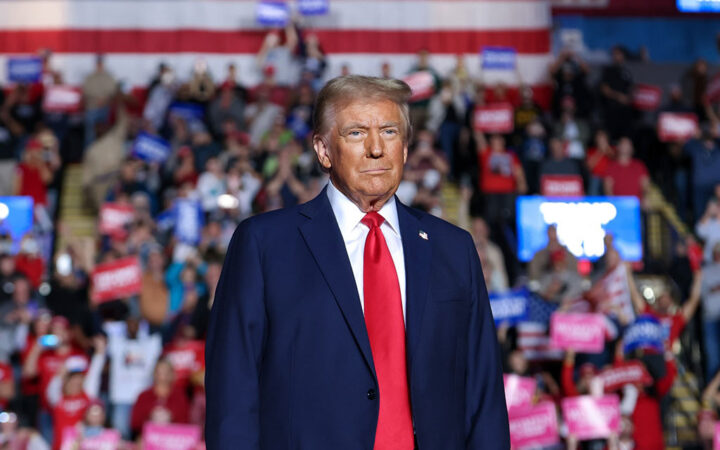
Metaland on the Tuyere of the Metaverse
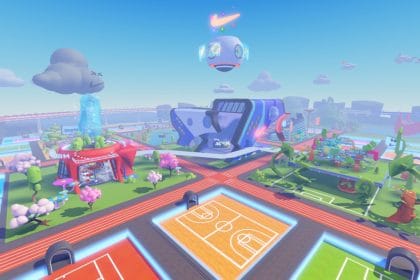
Since Facebook announced in October 2021 that it would change its brand name to Meta, investment in the Web 3.0, Metaverse space has continued to increase. While the metaverse is still in the early stages of development, many aspects have the potential to revolutionize our digital lives. Therefore, the native Token of the metaverse economy and the real estate assets of the virtual world have been developed, including Metaland.
Metaland, one of the leading blockchain-based virtual worlds, is creating an open-world metaverse where users can earn VRLD (native Token), buy VRLAND, a method that divides Metaland into virtual parcels Non-fungible Token (NFT). Similar to brick-and-mortar real estate, the real estate value of the Metaland ecosystem is created by interactions and exchanges between users across many commercial activities, including art galleries, offices, gaming and casinos, advertising, sponsored content, and music venues.
While the concept of virtual real estate is difficult to reconcile at the moment, that could soon change. From the birth of human beings to the popularization of the Internet, human beings spend their entire lives in the material world. In just a few decades, the web has transformed the way we shop, socialize, entertain, and more, making the tech industry the largest stock market today. While we have been using the web since the early 2000s, ownership of internet value has only been possible since Bitcoin launched in 2009. Since then, the shift to Web 3.0 has brought many innovations, including the emerging trend of owning our online world through metaverse real estate.
From gaming companies to Metaverse REITs to virtual land development companies, real estate buyers are increasingly looking to Metaland as a cutting-edge opportunity. These metaverse pioneers are building digital economies in emerging markets and seeking to profit from increased consumer adoption and commercial activity in virtual worlds.
Growing public interest in the Metaverse is fueling Metaland’s virtual real estate boom, with a virtual piece of land sold for a new record for around $2.4 million in November 2021. The Metaland real estate market and the VRLD token are closely linked, and increased interest in VRLD is the basis for VRLD’s intrinsic value.
Metaland Real Estate
The value of VRLAND is based on its location relative to other LAND parcels, similar to the physical real estate market. In Metaland, proximity to public areas such as Genesis Plaza or public roads has become a driver of value. As user traffic to a piece of VRLAND increases, so does the potential opportunity to monetize the land through the sale of NFTs, advertising, or other services.
Disclaimer: This publication is sponsored. Coinspeaker does not endorse or assume responsibility for the content, accuracy, quality, advertising, products, or other materials on this web page. Readers are advised to conduct their own research before engaging with any company mentioned. Please note that the featured information is not intended as, and shall not be understood or construed as legal, tax, investment, financial, or other advice. Nothing contained on this web page constitutes a solicitation, recommendation, endorsement, or offer by Coinspeaker or any third party service provider to buy or sell any cryptoassets or other financial instruments. Crypto assets are a high-risk investment. You should consider whether you understand the possibility of losing money due to leverage. None of the material should be considered as investment advice. Coinspeaker shall not be held liable, directly or indirectly, for any damages or losses arising from the use or reliance on any content, goods, or services featured on this web page.

